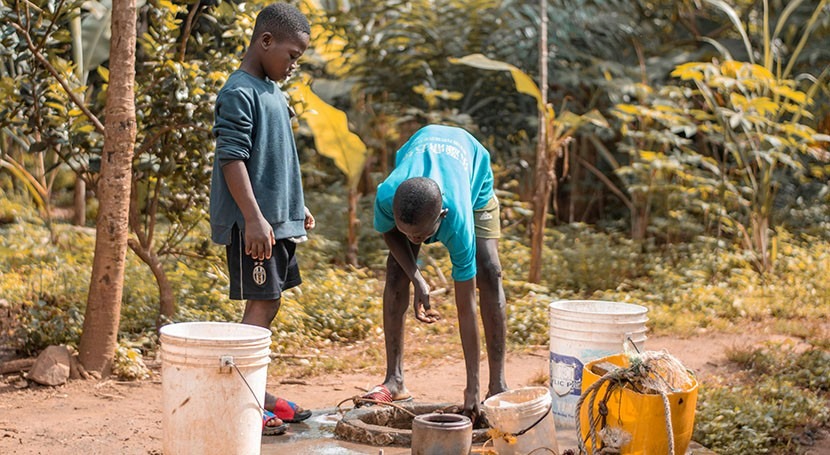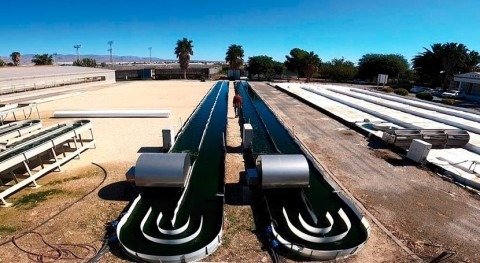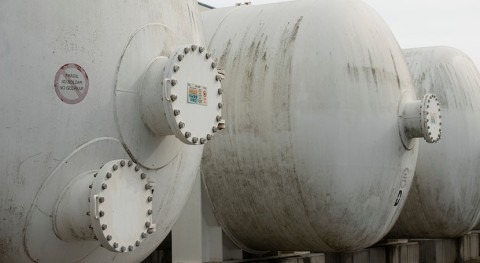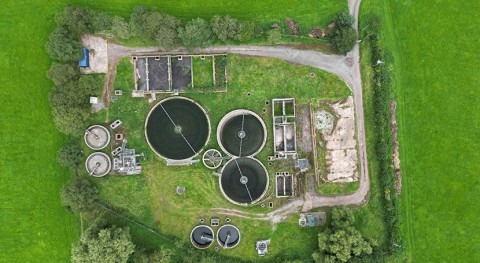The World Health Organization (WHO) and the United Nations Children’s Fund (UNICEF) have jointly released a comprehensive report titled "Global Framework for Action 2024–2030." This report sheds light on the current status and future targets for water, sanitation, hygiene (WASH), waste, and electricity services in healthcare facilities worldwide. It also provides an operational roadmap for implementing the 2023 United Nations General Assembly (UNGA) resolution on WASH, waste and electricity in health care facilities.
The report reveals that 22% of healthcare facilities globally lack basic water services, affecting approximately 1.7 billion people. This includes 857 million individuals who visit healthcare facilities with no water service at all. The report emphasizes that this lack of essential services severely undermines healthcare quality and overall health outcomes.
Hygiene services are also critically lacking, with half of the healthcare facilities worldwide not meeting basic hygiene standards. This gap extends to sanitation and healthcare waste management services, where a substantial number of facilities fail to meet basic requirements. The consequences are dire, as inadequate WASH services contribute to high mortality rates and significant economic losses. The report estimates that poor-quality care in low- and middle-income countries results in 8 million deaths annually and economic losses amounting to US$ 6 trillion.
The report highlights the particular vulnerability of sub-Saharan Africa, where nearly half of the hospitals lack a reliable water source or access to consistent electricity. This region also accounts for 46% of global newborn deaths, underscoring the critical need for improved WASH services.
The report outlines a strategic framework aiming to bridge these gaps by 2030. Targets include achieving universal basic WASH services and ensuring all healthcare facilities have reliable electricity. The framework emphasizes the need for costed roadmaps, regular monitoring, and strong national leadership to drive intersectoral action.
The WHO and UNICEF call for increased global cooperation, investment, and innovation to address these fundamental needs. Ensuring that all healthcare facilities are equipped with safe, sustainable, and inclusive WASH services is crucial for achieving quality healthcare and improving health outcomes globally.



















